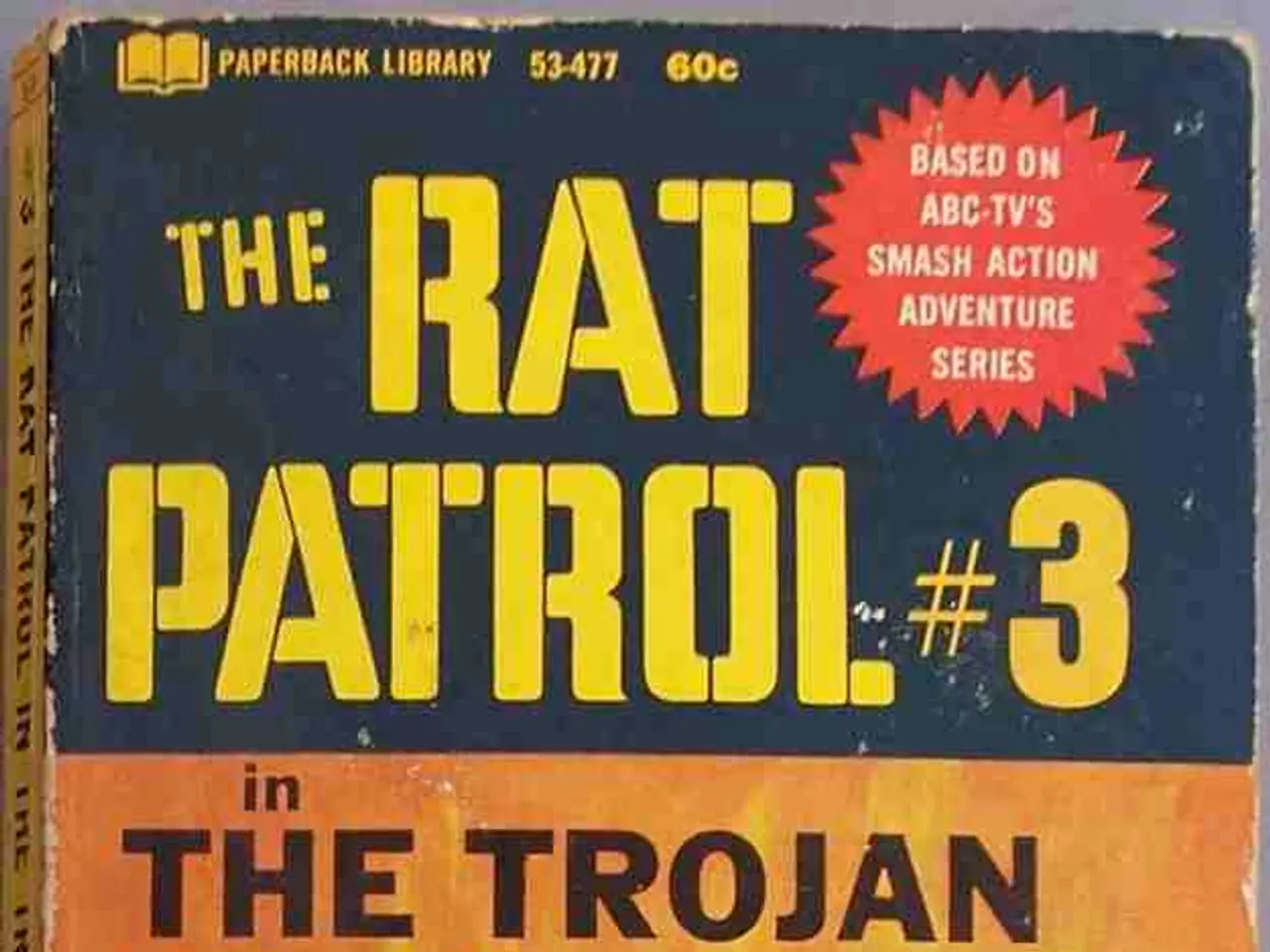Alcohol-fueled controversy tarnishes the reputation of the Russian Military Forces
On June 15, a resident of the Ust-Yansky District found himself in a conflict with security guards in a dormitory. The resident, identified as N., was later brought to the police after the incident.
According to reports, the conflict was due to N. being with friends under the influence of alcohol. During the altercation, N. used offensive language towards the guards and shouted a slogan of an extremist organization banned in Russia. This action led to his detainment.
On July 9, the Ust-Yansky District Court found N. guilty under part 1 of article 20.3.3 of the Code of Administrative Offenses of the Russian Federation. The reason for the guilty verdict was the use of a banned greeting that discredits the Armed Forces of the Russian Federation.
N. explained that his response to offensive words from the guards was saying he would be more useful in the zone of the Special Military Operation (SVO). However, this did not mitigate his legal liability.
Russia's extremism laws have broad and vague definitions, encompassing terrorist groups and political opponents alike. Publicly demonstrating support for such groups, including greetings or salutes, can be interpreted as extremist behavior and trigger prosecution. The authorities strictly enforce these laws in public settings, and intoxication does not exempt an individual from responsibility or legal consequences.
The legal framework allows for criminal prosecution, potential imprisonment, and administrative penalties for actions considered extremist, even if those actions occur in public and regardless of the individual's state—such as being under the influence of alcohol. Prosecution can lead to detention, possible long-term imprisonment, and social/legal stigma. Recent intensified crackdowns on extremism in various forms, including online and public behavior, reinforce the serious risks involved.
N. considers himself a patriot of Russia, but his actions have resulted in legal consequences for shouting a greeting associated with extremist organizations. It is a reminder that Russia's anti-extremism laws are broad and strictly enforced, and individuals must be mindful of their actions and words in public settings, especially when under the influence of alcohol.
- The incident involving N., who was charged for using a banned greeting discrediting the Armed Forces, highlights the strict enforcement of Russia's anti-extremism laws, even in instances of intoxication.
- Despite N.'s allegiance to Russia and his patriotic sentiments, his shout of a greeting associated with extremist organizations, which occurred under the influence of alcohol, ended up being a general-news story, as well as a topic in politics and crime-and-justice discussions, due to the broad definitions and serious consequences of extremist behavior in Russia.







